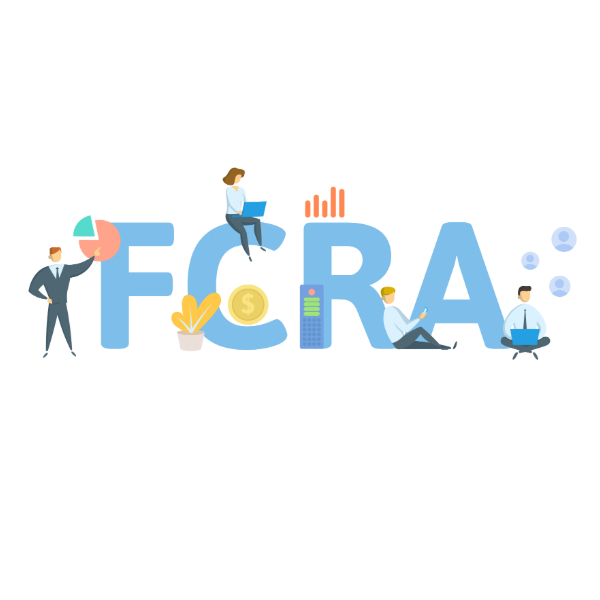Blog
Our vision is to revolutionize and automate the loan servicing workflow of the global financial community.

Understanding the Fair Credit Reporting Act
 The Fair Credit Reporting Act (FCRA) was designed to promote accuracy, fairness, and privacy of information contained in consumer credit reports.
The Fair Credit Reporting Act (FCRA) was designed to promote accuracy, fairness, and privacy of information contained in consumer credit reports.What is the Fair Credit Reporting Act?
The Fair Credit Reporting Act is a federal law that regulates the collection, dissemination, and use of consumer credit information. It governs how consumer reporting agencies (CRAs), also known as credit bureaus, gather and distribute information.
Key Provisions of the FCRA
One of the primary objectives of the FCRA is to ensure that consumer information held by CRAs is accurate and up to date. Consumers have the right to dispute inaccurate information and request corrections to their credit reports.
Access to Credit Reports
The FCRA grants consumers the right to obtain a copy of their credit report from each of the three major credit bureaus—Equifax, Experian, and TransUnion—once every 12 months. Additionally, individuals are entitled to a free credit report if they have been denied credit, employment, or insurance based on information in their report.
Privacy Protection
The FCRA imposes restrictions on who can access consumer credit reports and for what purposes. It requires businesses to have a permissible purpose, such as a credit application or employment screening, to access an individual's credit report. Consumers must provide consent before their credit report is accessed for employment purposes.
Fair Credit Reporting
The FCRA prohibits the inclusion of outdated or erroneous information in consumer reports. It also limits the reporting of certain negative information, such as bankruptcies, civil suits, tax liens, and accounts placed in collection, to a maximum of seven to ten years, depending on the type of information.
Identity Theft Protections
In response to the growing threat of identity theft, the FCRA includes provisions to help consumers combat fraud. This includes the right to place fraud alerts on their credit reports, request credit freezes, and dispute fraudulent information.
Consumer Rights in Employment Screening
For job applicants, the FCRA mandates that employers obtain consent before conducting a background check, which may include obtaining a credit report. If adverse action is taken based on information in the report, the employer must provide the applicant with a copy of the report and a summary of their rights under the FCRA.
Enforcement and Remedies
The FCRA is enforced by several federal agencies, including the Federal Trade Commission (FTC), the Consumer Financial Protection Bureau (CFPB), and the Office of the Comptroller of the Currency (OCC). Individuals who believe their rights under the FCRA have been violated can file a complaint with these agencies or pursue legal action against the offending parties.
Violations of the FCRA can result in significant penalties for businesses, including monetary damages awarded to affected consumers. Consumers may be entitled to attorney's fees and court costs if they prevail in a lawsuit against a violator of the FCRA.
The Fair Credit Reporting Act stands as a crucial safeguard for consumers, providing essential protections against inaccuracies, privacy breaches, and unfair credit practices. By empowering individuals with the right to access and dispute their credit information, the FCRA promotes transparency and accountability in the credit reporting industry.
If you'd like to learn more about our loan servicing software or how we can help you, email us at solutions@shawsystems.com. Follow us on LinkedIn for more blog posts.